Women Entrepreneurs in Kosovo Empowered by Access to Funding
Financial assistance the key ingredient for successful growth
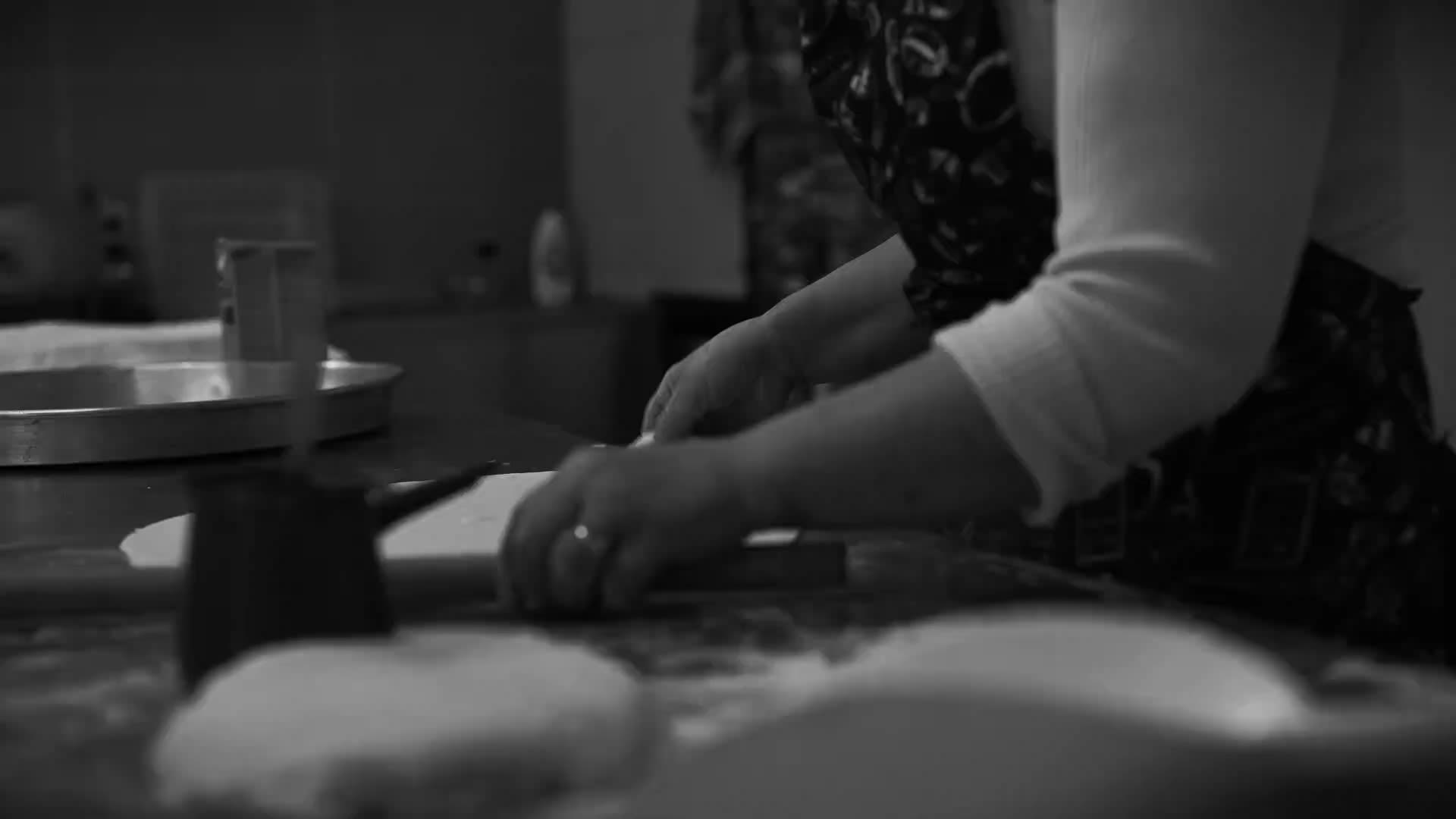
An accountant for almost two decades, Shqiponja Berisha knows her numbers. Yet even a couple of years ago, something did not add up when it came to chalking out her daily meals. Every single day, she was faced with one big question: what should we eat today? While fast food was often an easy choice, it was unhealthy and unsatisfying.
Berisha started sifting her thoughts, and soon had an epiphany. “I was missing my mom’s delicious and healthy cooking, and maybe my family and others were too,” she says. So, she spotted both a solution and a business opportunity—what could be better than a restaurant? A motivated Berisha found a small rental space and threw herself into her work to jumpstart her new business.
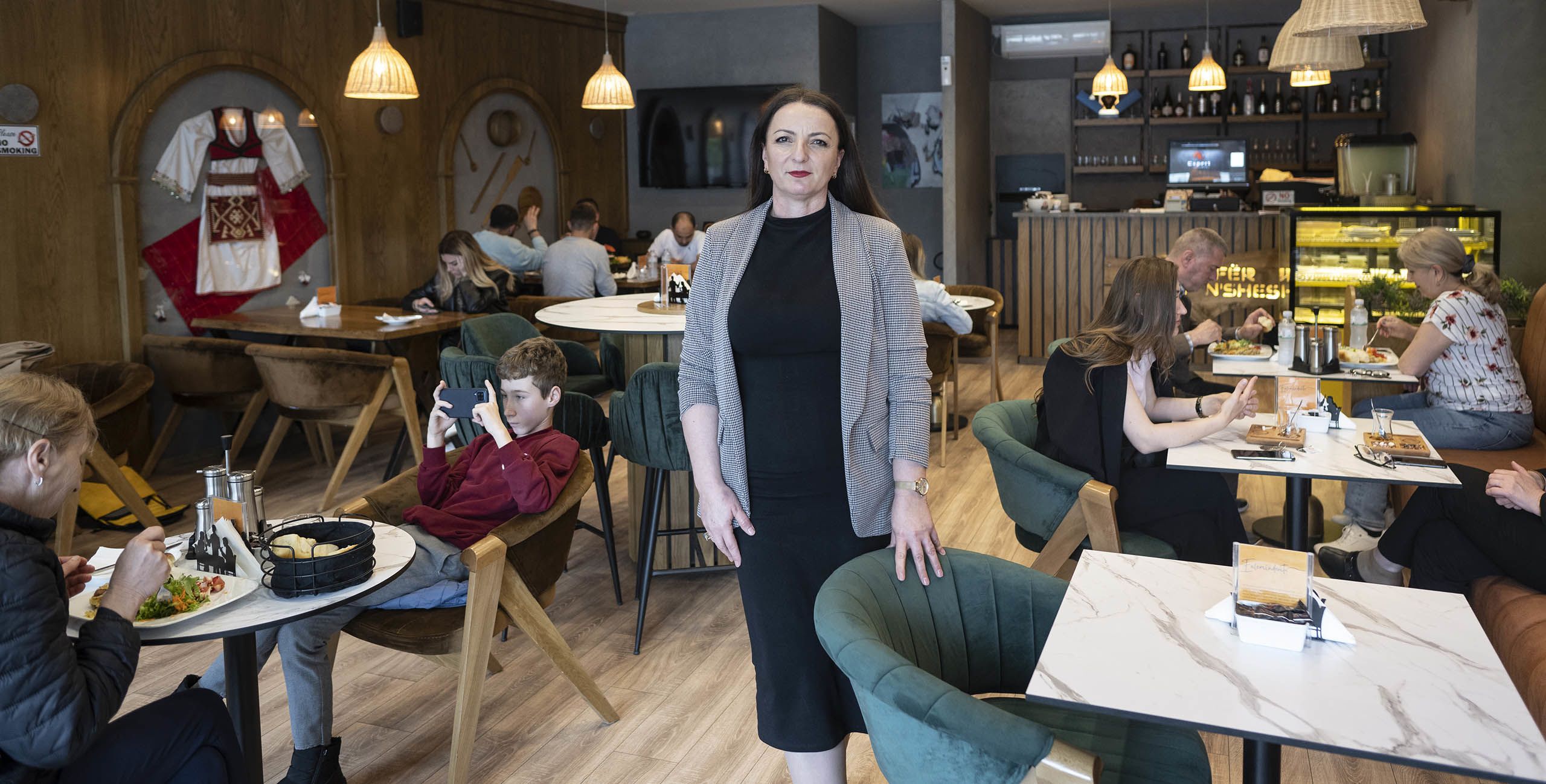
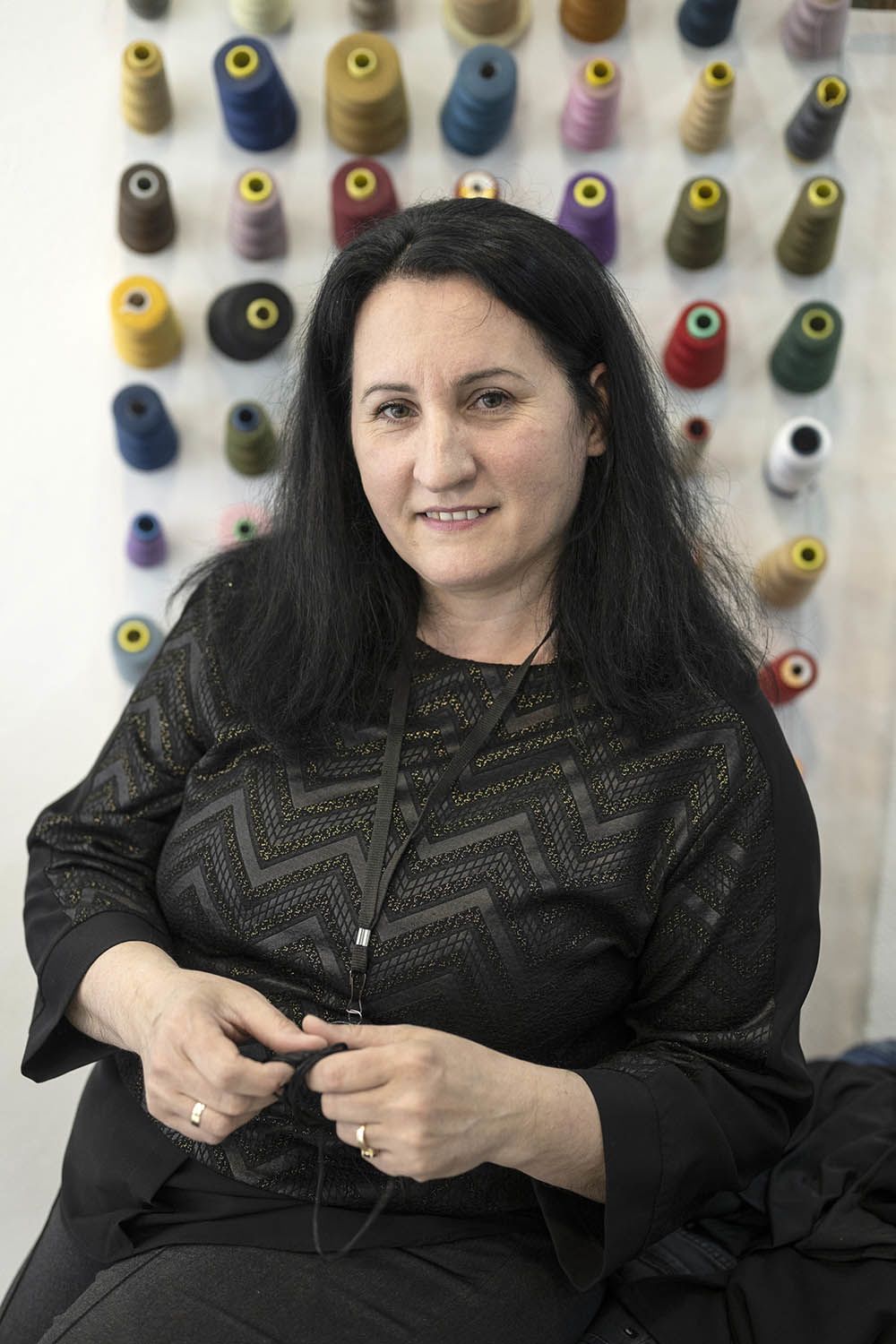
A loan from Teb SH.A. helped Sadete Ademi buy new sewing equipment.
A loan from Teb SH.A. helped Sadete Ademi buy new sewing equipment.
That was not the case with Sadete Ademi, an entrepreneur in her late 40s. She struggled to find motivation after launching her small business in manufacturing other textiles in January 2022, which involved producing non-clothing products from textiles, such as carpets and rugs, rope, trimmings, and others. Within a few months, Ademi was in dire need of new sewing equipment and raw materials. “Soon, unable to take on any new orders, I started sending clients back on one pretext or another, which was devastating,” she recalls.
Today, both Berisha and Ademi are successful entrepreneurs. While Berisha’s restaurant SOfër N’Shesh, initially a modest delivery service, now offers a chic dine-in option, Ademi is now able to cater to every whim of her growing clientele, to suit their individual style, color, and flair.
None of this would have been possible without the loans they received from TEB Sh.A., one of Kosovo’s largest banks and the only one to offer tailored financing to women-owned small and medium businesses in the country.
Recalling the opening day of SOfër N’Shesh in June 2021, Berisha says, “My friends and family loved the food that brought back fond memories of authentic dishes from their childhood.” Berisha’s clientele grew quickly thereafter, but they tried to persuade her to add a dine-in option, and many complained it was hard to find her restaurant, tucked away in a basement.
Realizing it was time for more visibility, she tried renting a bigger place but could not afford it. So, Berisha applied for a loan from TEB Sh.A., which was required for the collateral, and she had none.
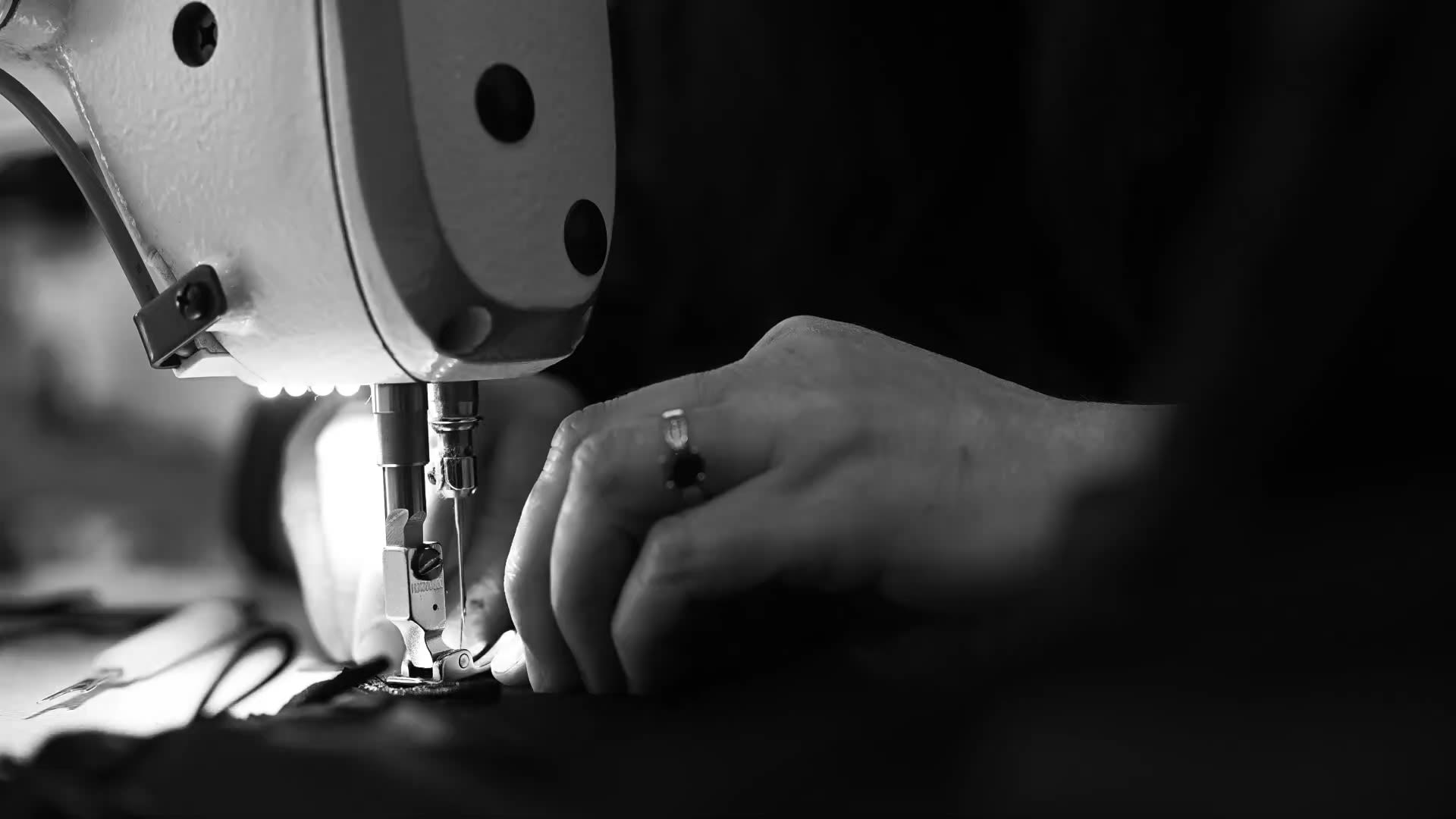
Meanwhile, as Ademi tried her best to manage exasperated clients, she realized that unless something changed, her business had little future. “I wasn’t ready to give up yet. So, I started applying for loans, only to be rejected over and over again. What else could I expect since I had no collateral?”
Berisha and Ademi’s plight was not uncommon. While small and medium enterprises (SMEs) dominate Kosovo’s economic landscape, over 50 percent of firms have limited access to finance, hindering their growth potential, according to the World Bank Enterprise Survey. Access to finance is even more constrained for women entrepreneurs according to an IFC study.
However, in October 2022, just when Berisha was about to give up, TEB Sh.A. offered to cover her collateral through a fund. Six months later, lady luck also smiled on Ademi, with TEB Sh.A. offering her a loan as well. “The funding has been life changing. I have managed to buy two new sewing machines and sufficient raw material. My clientele is growing steadily, and I have lots of orders,” she says.
Both Berisha and Ademi’s loans were possible because IFC established an innovative risk-sharing facility with TEB Sh.A. in 2020 for an SME loan portfolio of up to €10 million under its Small Loan Guarantee Program (SLGP), a programmatic approach to risk-sharing that allows financial institutions to finance SMEs in low-income countries.
SLGP uses a pooled first-loss structure provided by International Development Association’s (IDA) Private Sector Window Blended Finance Facility. In addition, the Women Entrepreneurs Finance Initiative (We-Fi) provided performance-based incentives so that TEB Sh.A. could focus more on women-owned businesses. We-Fi was set up to support women entrepreneurs by scaling up access to financial products and services, building capacity, expanding networks, offering mentors, and providing opportunities to link with domestic and global markets.
IFC just expanded the cooperation with TEB Sh.A. by signing the second tranche of up to €10 million. The risk-sharing facility will be used to expand lending to MSMEs in the country, with the proceeds going to support women-owned enterprises.
“Our experience across emerging markets repeatedly shows that women entrepreneurs have far less access to finance than their male counterparts, often because they lack traditional collateral requirements, among others. Kosovo is no exception,” says Marcelo Castellanos, IFC’s Senior Regional Industry Manager, Financial Institutions Group, Europe. “So, we decided to come up with this risk-sharing facility to help TEB Sh.A., and ultimately enable more women in Kosovo to participate in the economy.”
It has indeed helped. A mother of two boys, the loan has given Ademi more stability in life with her growing family business. For Berisha, a mother of two, the loan has been a source of confidence, helping her tackle her children’s education costs.
As to the future, both women have big plans. While Ademi wants to sew dresses and sell them in Kosovo, and ultimately export them to Europe and the world, Berisha is keen to launch her own line of organic products, including ajvar, pingjur, pickles, and others.
Until then, both women believe they have no time to rest.
Published in July 2023
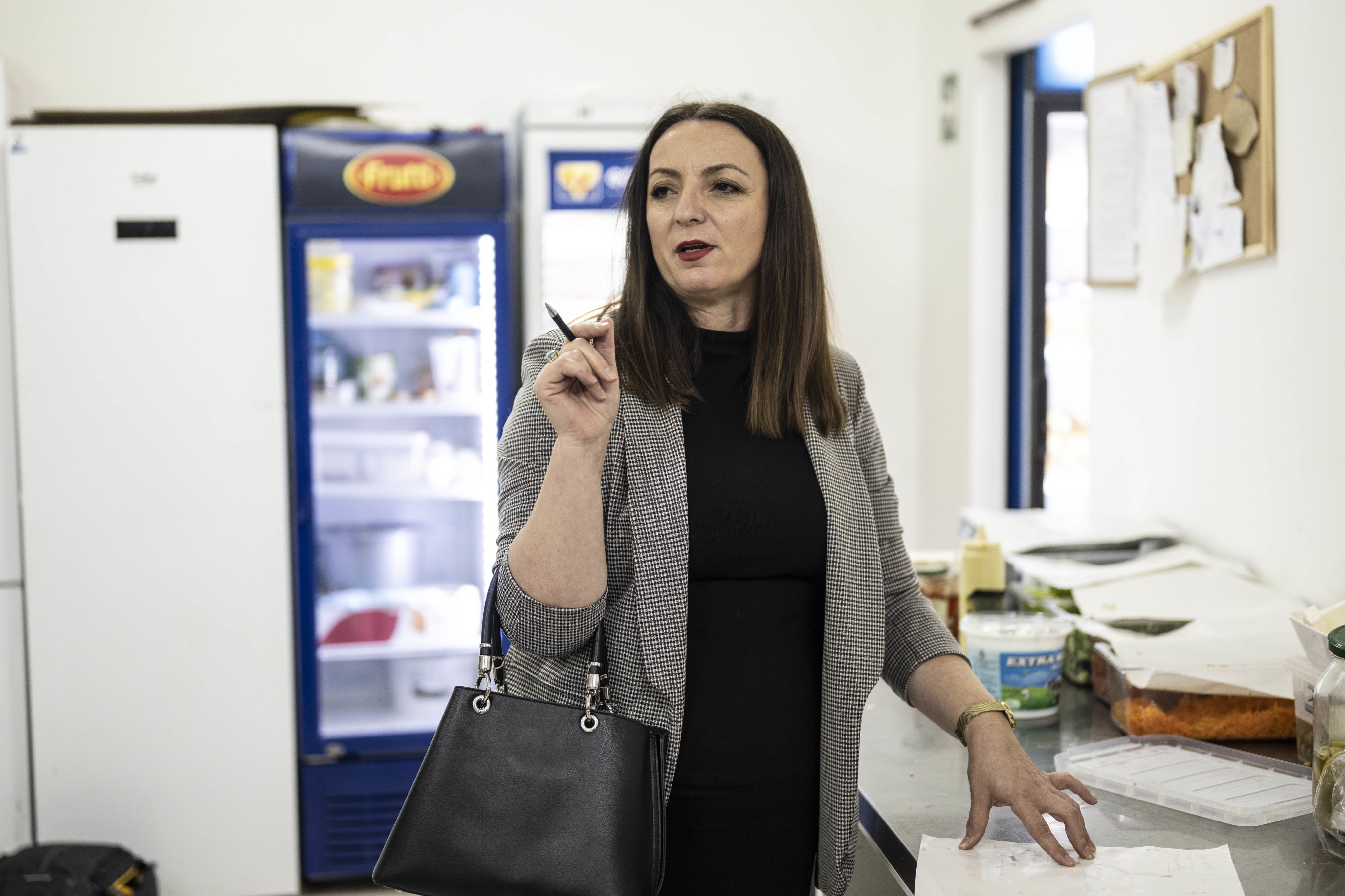
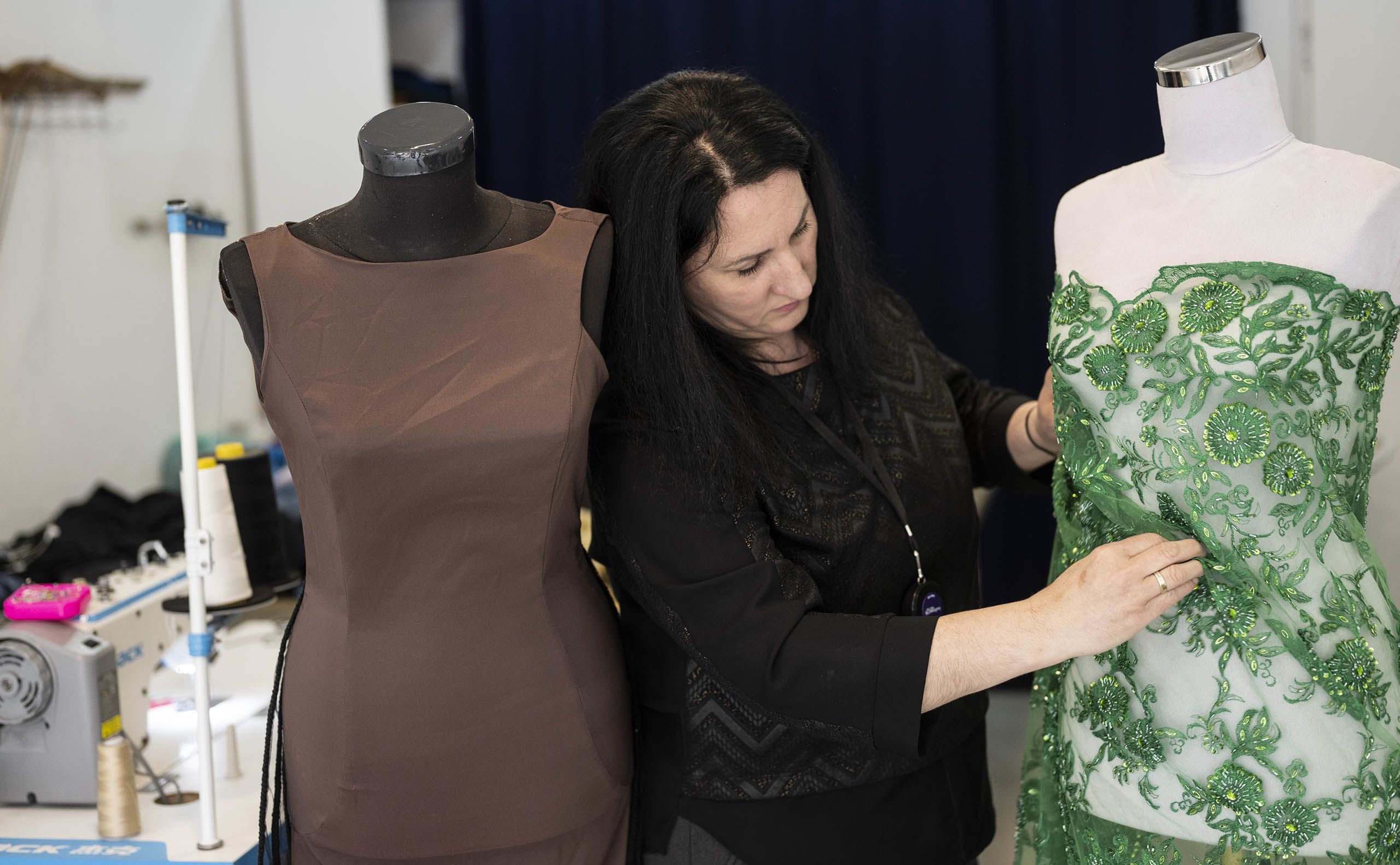
Related Content



